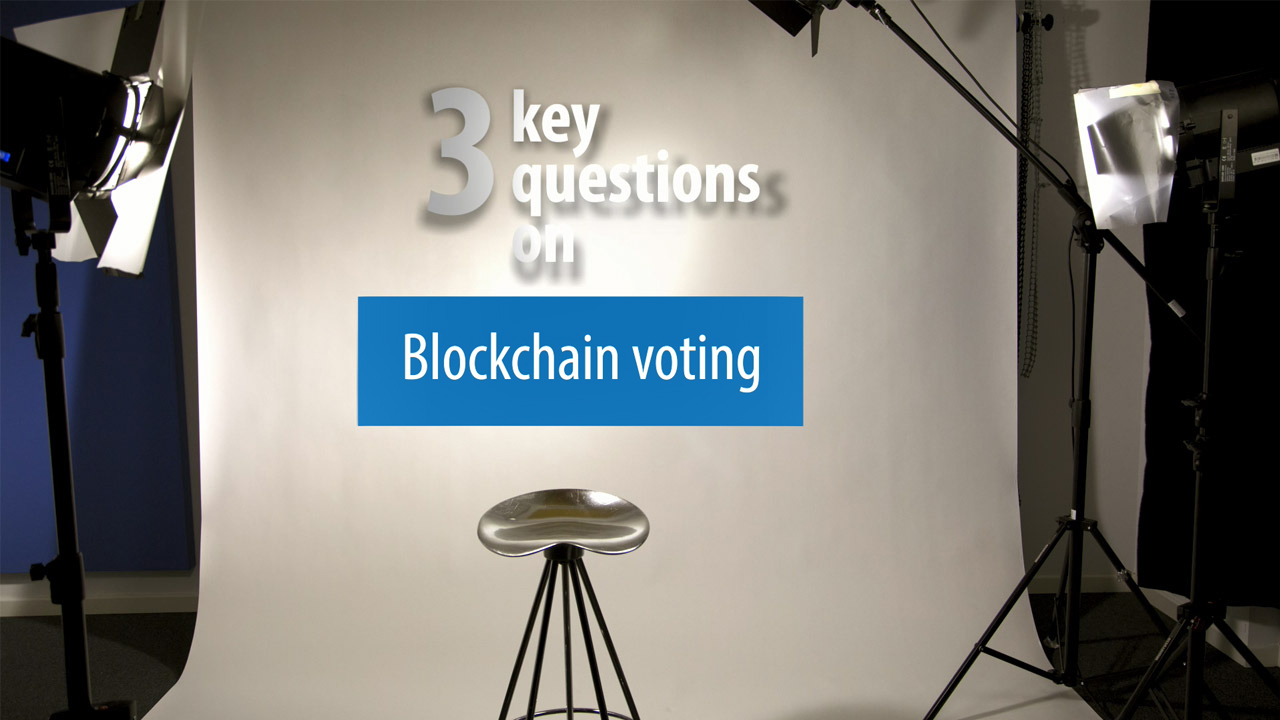Blockchains are a remarkably transparent and decentralised way of recording lists of transactions. Their best-known use is for digital currencies such as Bitcoin, which announced blockchain technology to the world with a headline-grabbing 1000% increase in value in the course of a single month in 2013.
Despite the digitalisation of several important aspects of modern life, elections are still conducted largely offline, on paper. Since the turn of the century, e-voting has been considered a promising and, perhaps, inevitable development that could speed up, simplify and reduce the cost of elections. It has been seen as a potential means of increasing engagement and turnout, and even restoring links between citizens and political institutions. Using blockchain technology for e-voting could increase transparency while allowing more fluid and decentralised decision-making. It could even introduce new functionality such as ‘self-implementing manifestos’. Certainly, this could be useful for decision-making in many organisations, but could it work on a larger scale, for example, in the European elections?
Listen to Philip Boucher, an EPRS policy analyst, explaining the issues in 3 key questions on blockchain voting.
Or read more about “How blockchain technology could change our lives” in this in-depth analysis
Our “3 Key Questions on …” series of video interviews with our policy analysts include visual aids to getting a swift grasp of the policy challenges at hand. Take a look at the full series on YouTube.








[…] Source Article from https://epthinktank.eu/2019/07/17/3-key-questions-on-blockchain-voting/ […]
[…] Boucher, a European Policy Research Service (EPRS) policy analyst explains the theory behind blockchain voting: “In elections, we usually have a central authority that […]
[…] Boucher, a European Policy Research Service (EPRS) policy analyst, explains the theory behind blockchain voting: “In elections, we usually have a central authority that […]
[…] Boucher, a European Policy Research Service (EPRS) policy analyst, explains the theory behind blockchain voting: “In elections, we usually have a central authority that […]
[…] Boucher, a European Policy Research Service (EPRS) policy analyst, explains the theory behind blockchain voting: “In elections, we usually have a central authority that […]